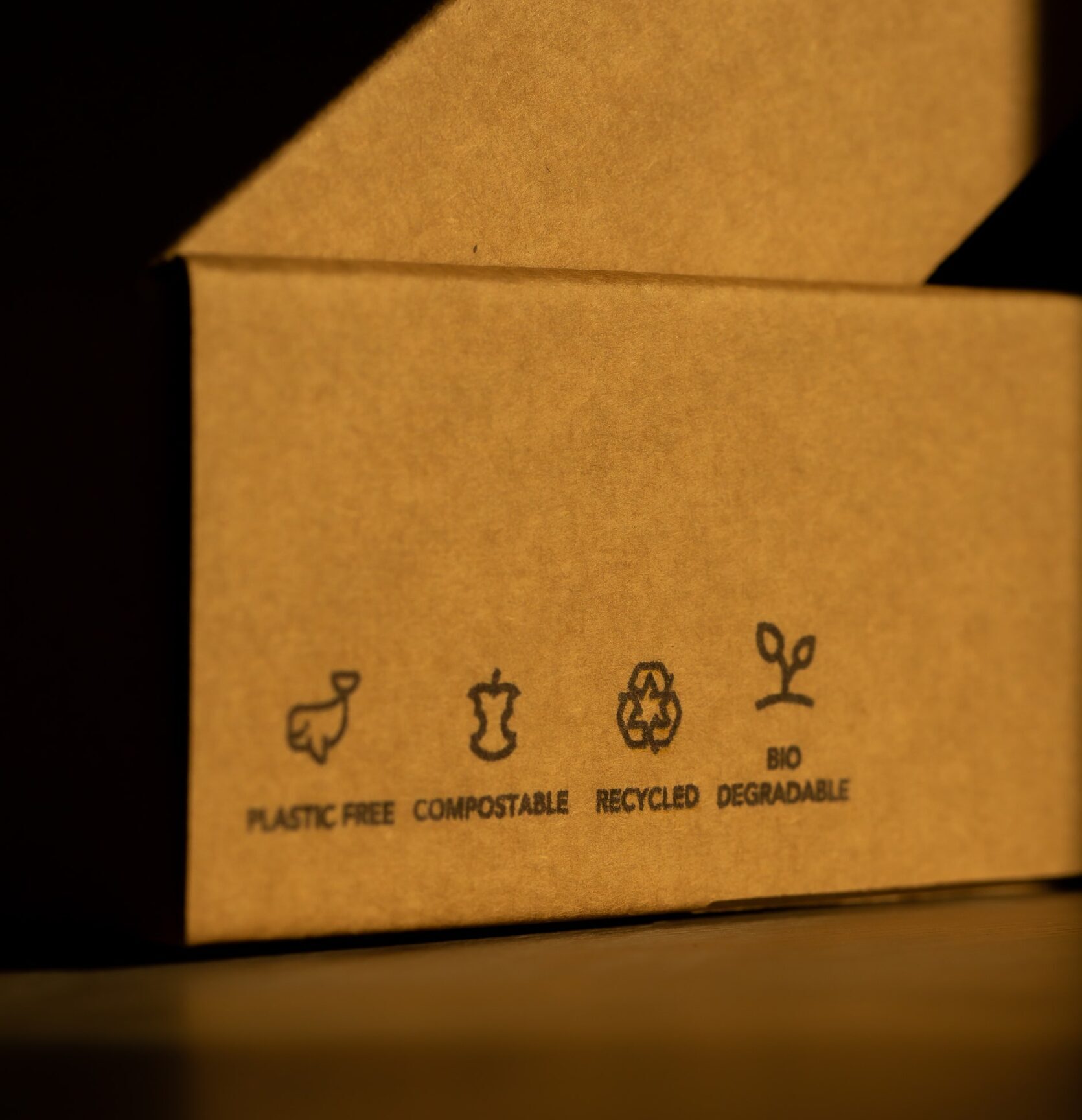The European Commission has requested the Scientific Committee on Consumer Safety (SCCS) to assess the safety of Benzophenone-1 (CAS No. 131-56-6, EC No. 205-029-4). The SCCS approved this mandate by written procedure on 17 April 2023, and the Committee has now nine months to deliver its Opinion.
Background
On 7 November 2018, the European Commission adopted the review of Regulation (EC) No 1223/2009 on cosmetic products regarding substances with endocrine-disrupting (ED) properties.
In this review, the European Commission commited to establishing a priority list of potential EDs not already covered by bans or restrictions in the Cosmetics Regulation for their subsequent safety assessment. A priority list of 28 potential EDs in cosmetics was consolidated in early 2019 based on input provided through stakeholder consultation. The Commission carried out a public call for data in 2019 for 14 substances (Group A) and a second call in 2021 for 10 substances (Group B) in preparation for the safety assessment of these substances.
Benzophenone-1 is one of the above-mentioned substances for which the call for data took place.
Benzophenone-1 is used in cosmetics and personal care products as light stabilizer and UV-absorber. Benzophenone-1 is used in various rinse-off and leave-on cosmetic products since it
is able to absorb and disperse ultraviolet (UV) radiation, protecting, therefore, the respective
product formulation from the damaging effects of UV radiation. Currently, Benzophenone-1 is
not regulated under the Cosmetic Regulation (EC) No. 1223/2009.
Questions to be addressed by the SCCS
(1) In light of the data provided and taking under consideration the concerns related to
potential endocrine disrupting properties of Benzophenone-1, does the SCCS consider
Benzophenone-1 safe when used as a light stabilizer in cosmetic products up to a
maximum concentration of 2%?
(2) Alternatively, what is according to the SCCS the maximum concentration considered safe
for use of Benzophenone-1 in cosmetic products?
(3) Does the SCCS have any further scientific concerns with regard to the use of Benzophenone-1 in cosmetic products?
References:







